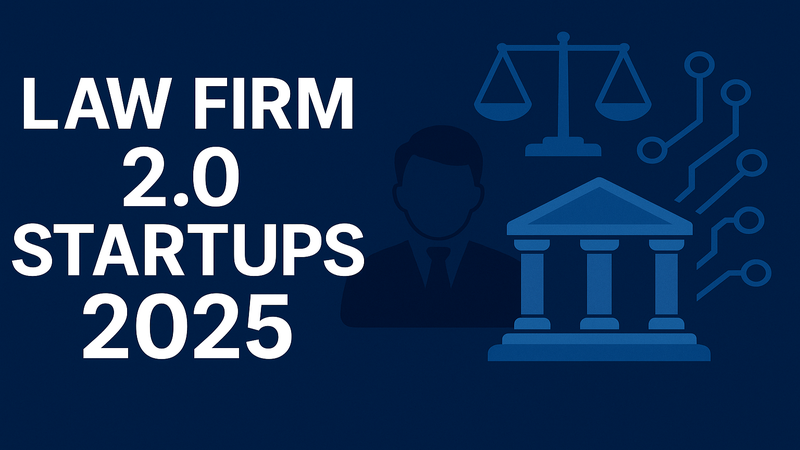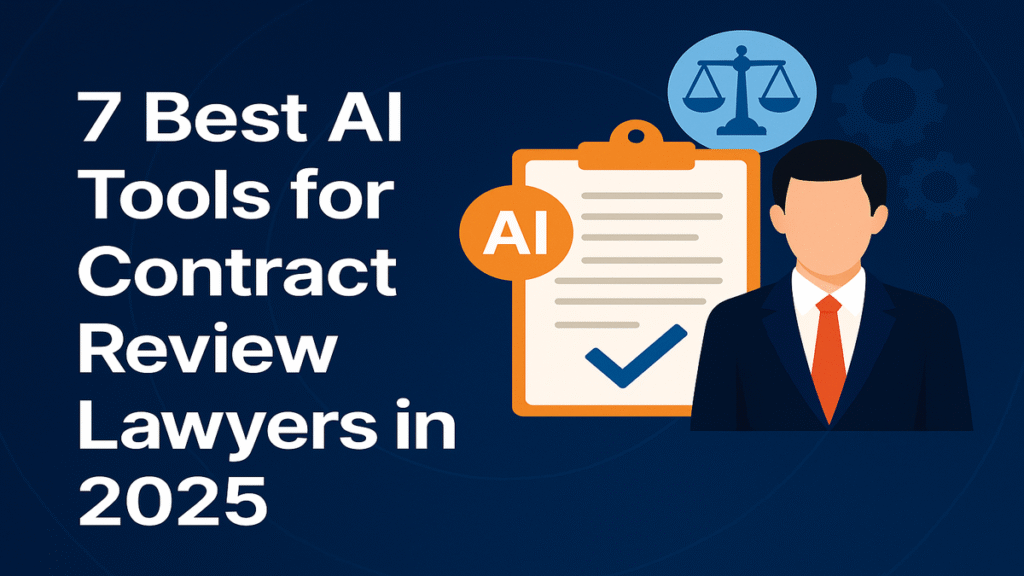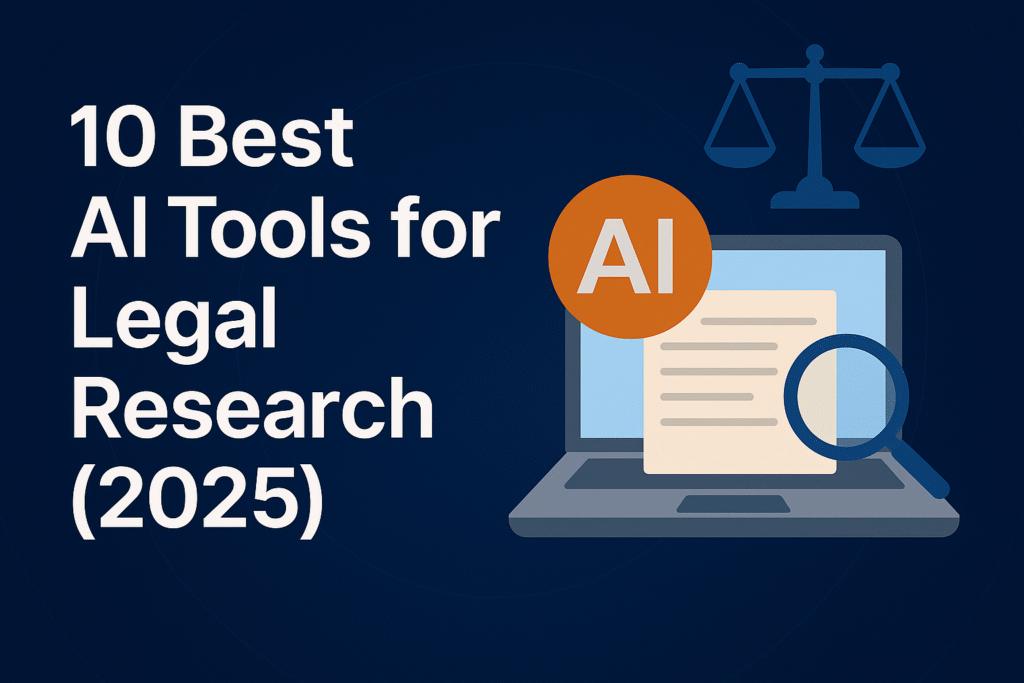TL;DR: Traditional firms aren’t the only players anymore. A new wave of AI-powered startups—nicknamed “Law Firm 2.0”—are redefining how legal services are priced, delivered, and scaled.
Updated: August 2025
The Rise of “Law Firm 2.0”
Legal disruption isn’t coming from just big firms adopting AI copilots—it’s coming from startups that look and act like law firms, but are built on AI-first infrastructure.
Backed by venture capital, incubators, and legal-tech accelerators, these hybrid companies combine licensed lawyers with AI-driven workflows. The result: lower prices, faster delivery, and business models that challenge the billable hour.
In mid-2025, The LegalTech Fund even launched a dedicated accelerator for these companies, signaling that “Law Firm 2.0” isn’t a fad—it’s the future.
Why It Matters
-
For clients: More predictable pricing, faster turnaround, and on-demand services.
-
For lawyers: New career paths beyond traditional firms.
-
For investors: A market where AI can finally break professional-service margins.
Startups to Watch in the “Law Firm 2.0” Movement
1. Atrium 2.0 (Stealth Revival)
What they do: A modern reboot of the Atrium concept—legal services paired with a tech platform.
Why it matters: After Atrium’s early exit in 2020, new founders are trying again with AI copilots embedded across contract, corporate, and IP workflows.
Target clients: Seed-to-Series B startups that want fixed-fee legal support.
2. LegalMation
What they do: AI-generated litigation responses and discovery documents, sold as a managed service.
Why it matters: Reduces the grunt work of litigation prep by 80%, allowing firms to pass savings to clients—or compete directly on price.
Funding signal: Expanded to 50+ U.S. jurisdictions in 2025.
3. Rally Legal
What they do: A platform + service hybrid for contract drafting and entity management.
Why it matters: Blends SaaS with lawyer access, effectively productizing small-business law.
2025 updates: Expanded into Canada and the U.K., positioning itself as a global SMB legal service.
4. Lawtrades
What they do: Marketplace for freelance lawyers + AI support tools.
Why it matters: A gig-economy alternative to staffing agencies, now layering in generative AI for drafting and QA.
Investor note: Closed a growth round in early 2025 to scale its “AI + lawyer on-demand” bundle.
5. Spellbook Services (New Division)
What they do: After success with its contract drafting plugin, Spellbook launched a service arm offering bundled AI-assisted contract reviews.
Why it matters: Shows how a pure tech startup can vertically integrate into services—directly competing with firms.
6. EvenUp Legal Services
What they do: Beyond selling plaintiff-side AI tools, EvenUp now offers a done-for-you litigation package (demands, briefs, summaries).
Why it matters: Plaintiffs’ firms pay for outcomes, not hours—EvenUp is reshaping contingency practices.
Funding context: Fresh off a $135M Series D in late 2024.
Key Traits of Law Firm 2.0 Startups
-
AI-native from day one (not retrofitted)
-
Fixed-fee or subscription models instead of hourly billing
-
Hybrid workforce: lean lawyer teams + AI copilots
-
Scalable margins that look more like SaaS than BigLaw
What This Means for Traditional Firms
-
Pressure on pricing: Clients now compare your fees to startup bundles.
-
Talent competition: Younger lawyers may prefer hybrid startups over traditional tracks.
-
Opportunity: Established firms can spin out “subsidiary” AI-first service lines to compete.
How to Engage Now
-
Benchmark pricing: Compare your rates against Law Firm 2.0 startups.
-
Explore partnerships: Some firms already outsource overflow work to these players.
-
Test your own AI stack: Build pilot teams internally before disruption comes from outside.
Conclusion
The “Law Firm 2.0” wave is still young, but it’s already winning attention from investors, clients, and forward-thinking lawyers. By 2026, it won’t be unusual to see AI-native firms competing directly with AmLaw and Magic Circle players.
For traditional practices, the lesson is clear: adapt or risk being outpaced. For clients and smaller firms, the upside is enormous—legal services that are faster, cheaper, and more predictable than ever before.
At LegalAIWorld, we’ll continue tracking the startups, models, and tools driving this shift—so you can stay ahead of the curve.



